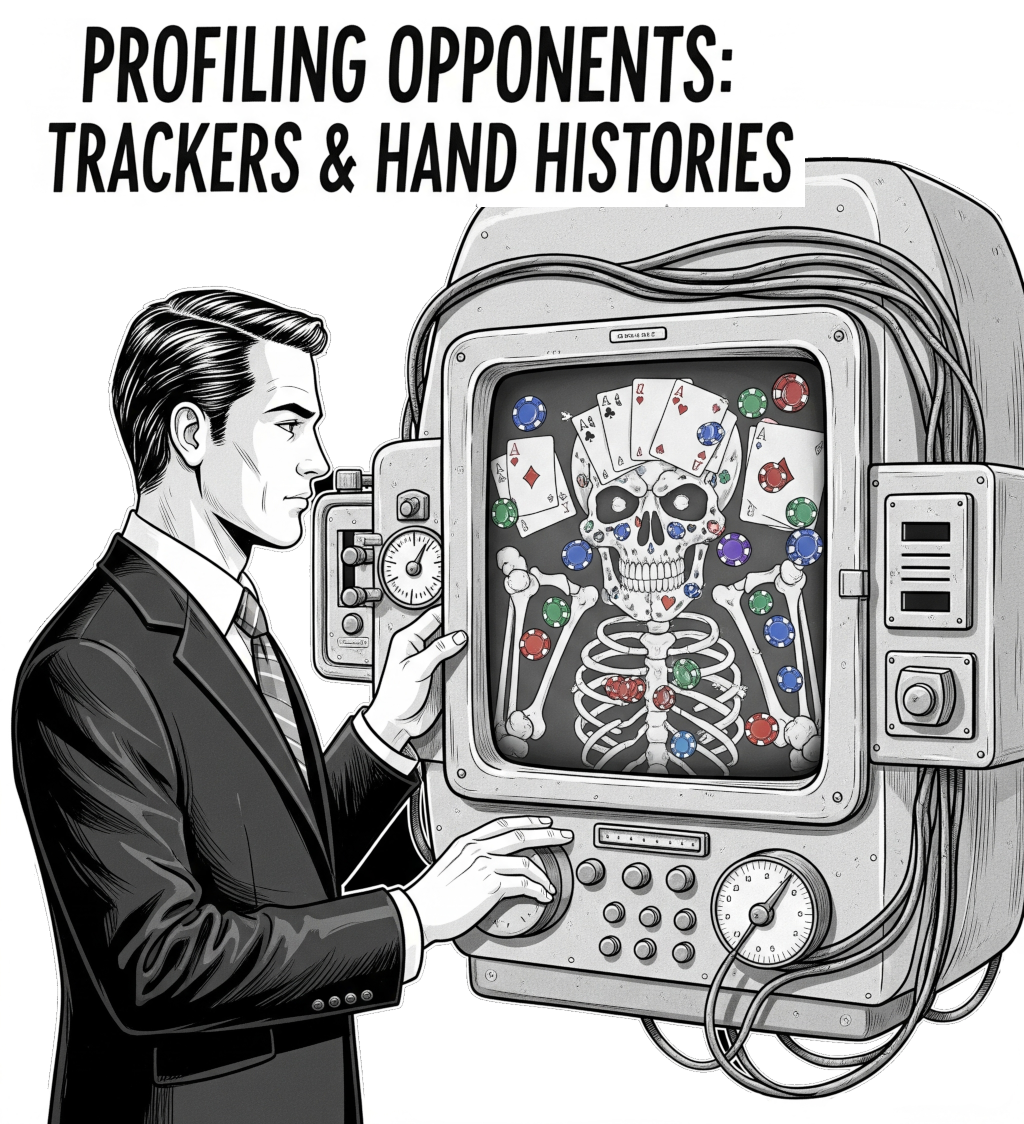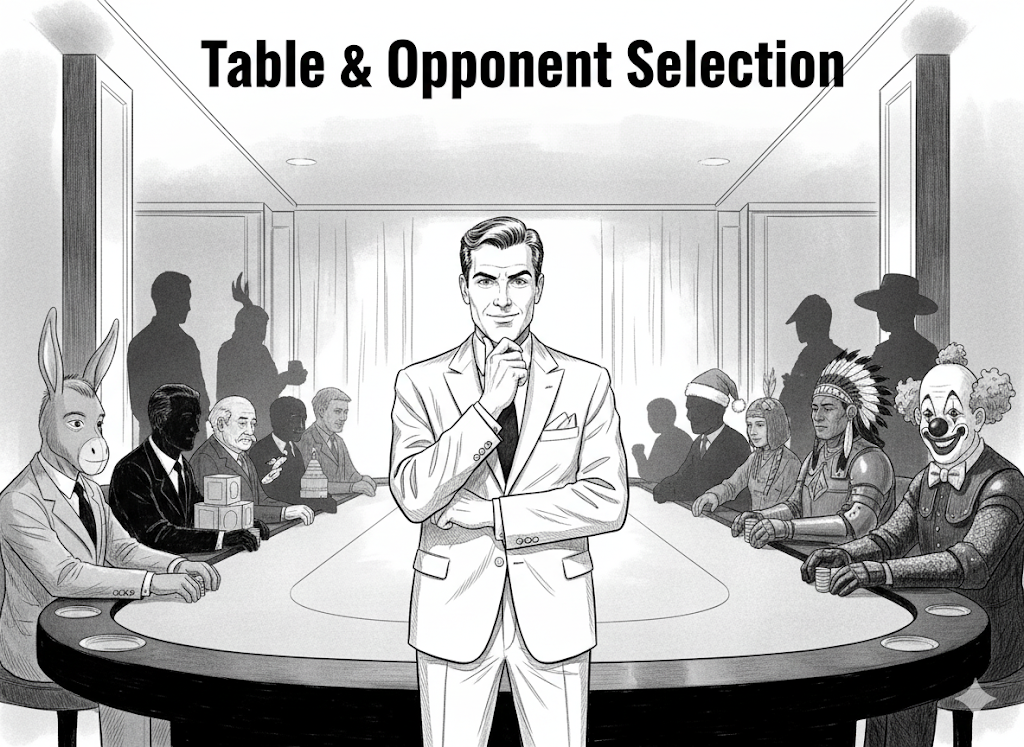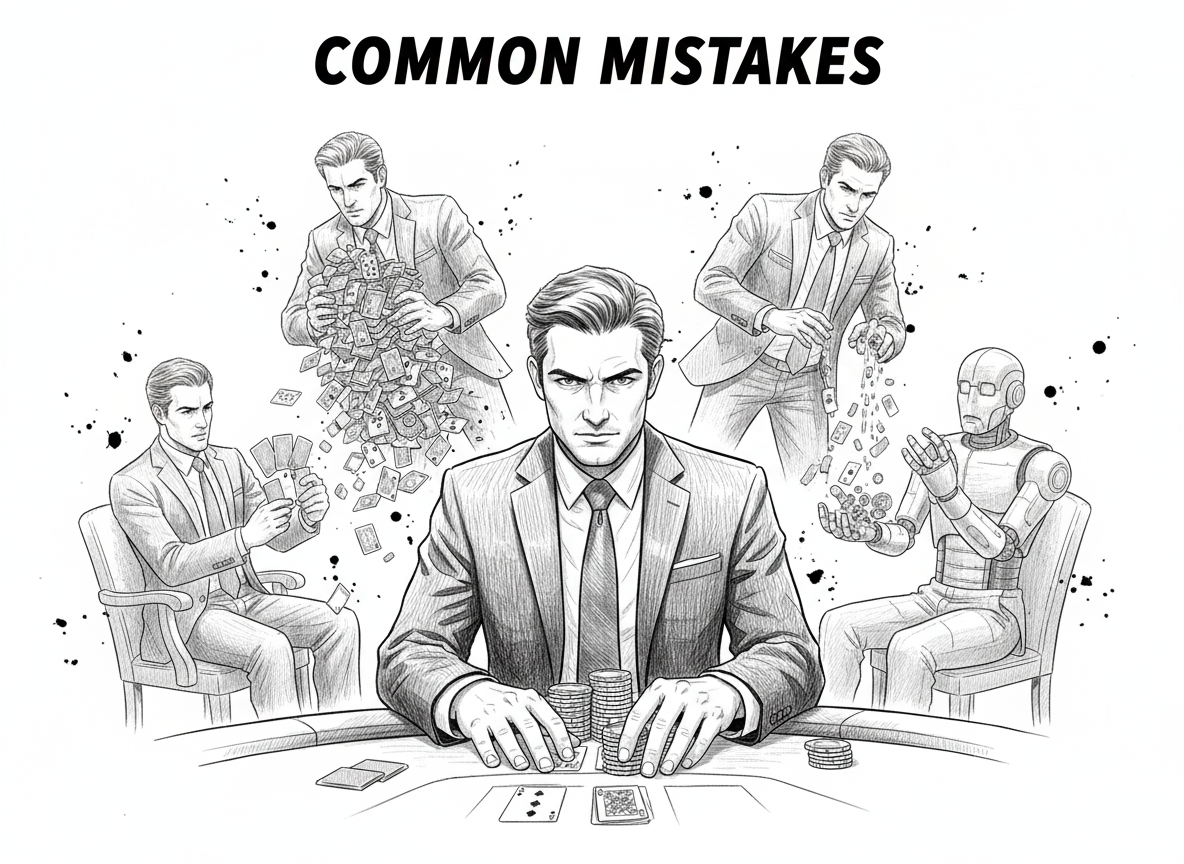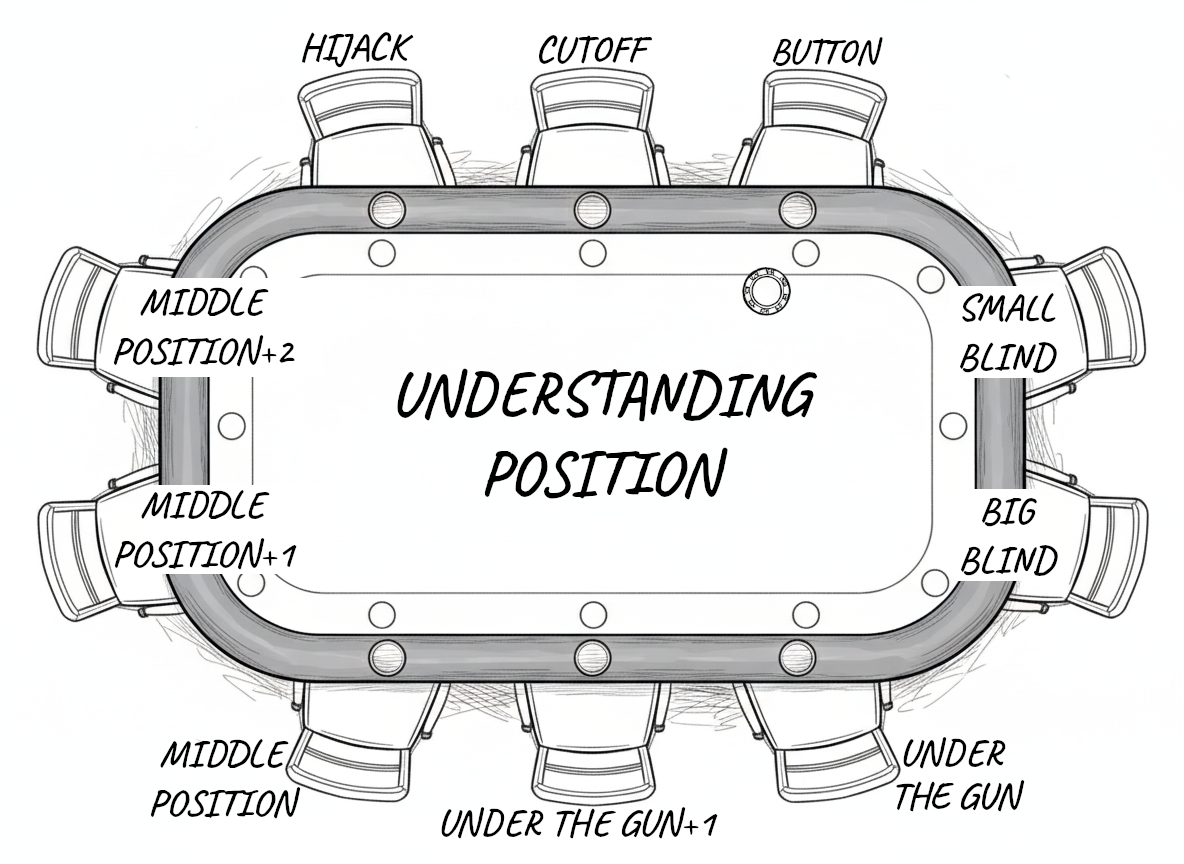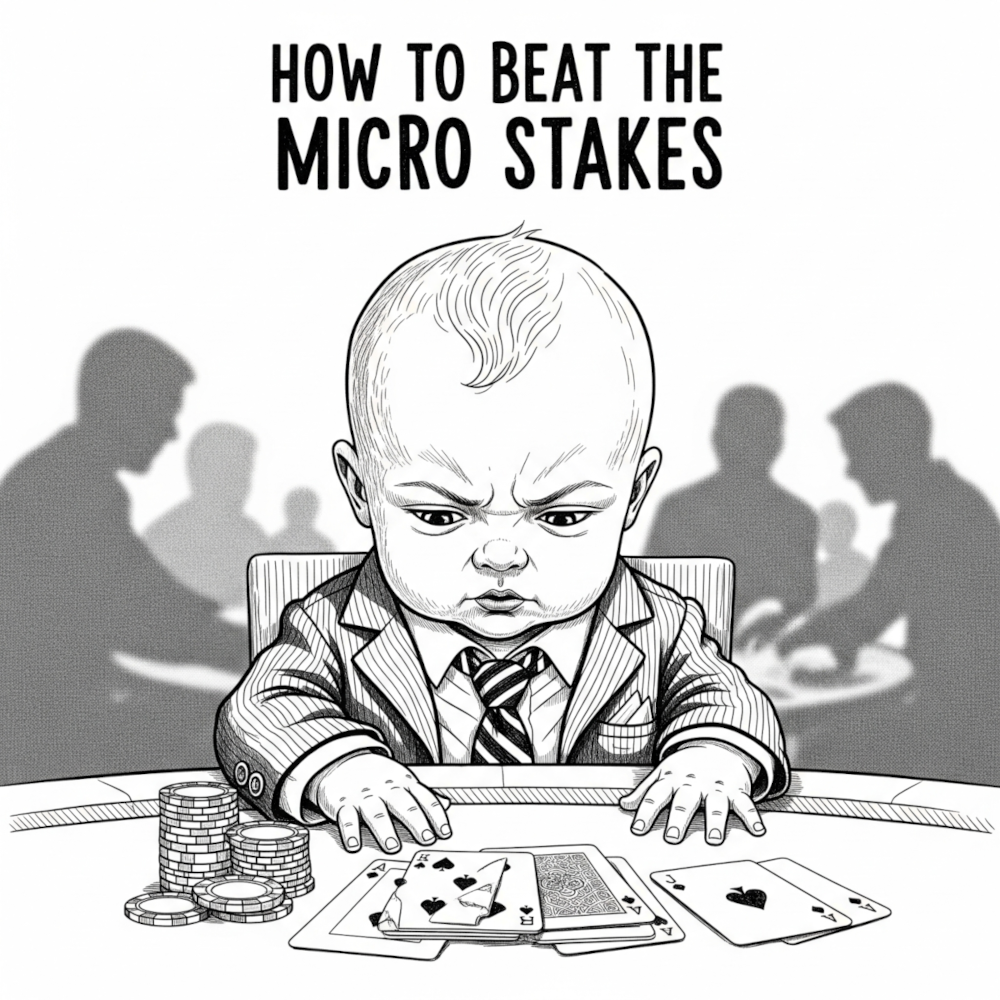Is Poker a Game of Luck or Skill? The Ultimate Guide to the Debate
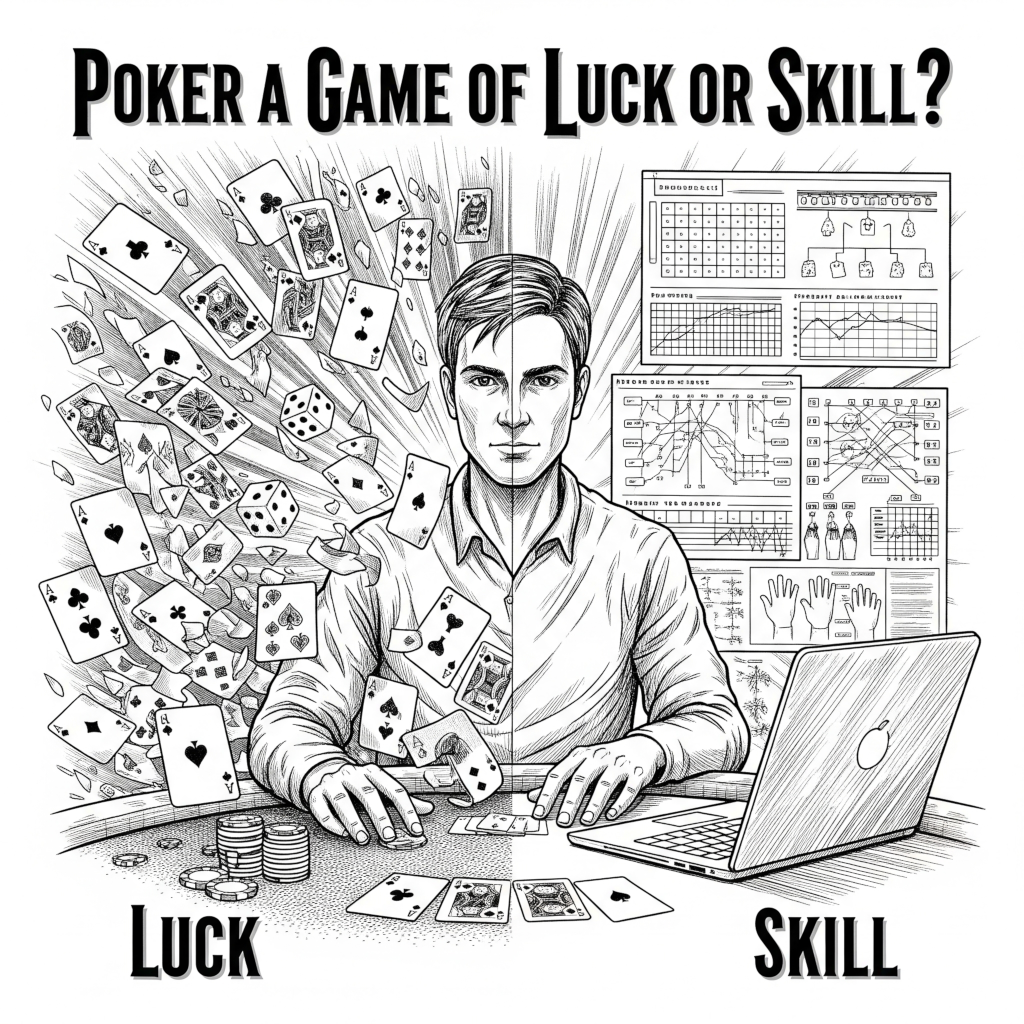
Poker has fascinated people for centuries. From smoky backrooms and saloons in the 19th century to televised tournaments and modern online platforms, the game has evolved into a global phenomenon. Millions play poker casually, while thousands pursue it professionally. Yet, one timeless debate still divides players, academics, and lawmakers alike: Is poker primarily a game of luck or strategy?
On the surface, poker may look like a gambling game where chance decides everything. After all, players cannot control the cards they are dealt. But beneath that randomness lies a complex battle of psychology, mathematics, and decision-making. To truly understand poker, we must examine the interplay between luck and strategy—and why both are essential to its enduring appeal.
The Role of Luck in Poker
1. The Shuffle and the Deal
Every poker hand begins with a shuffle. Because the deck is randomized, no player can predict or control their starting cards. This uncertainty introduces variance—the natural ups and downs that come with random outcomes.
For example, you might be dealt pocket aces (the strongest starting hand in Texas Hold’em) but still lose to a much weaker hand like 7-2 if your opponent catches lucky cards on the flop, turn, or river. These moments, often called “bad beats,” highlight the role of luck in shaping short-term outcomes.
2. Variance in the Short Term
A beginner might sit at the table and, through sheer good fortune, win against seasoned professionals. This possibility keeps poker accessible and exciting. Unlike chess, where a novice has almost no chance against a grandmaster, poker’s luck factor ensures that underdogs can sometimes win big.
3. Why Luck Is Necessary
Ironically, luck is not just an obstacle—it’s the very reason poker thrives. If the best players always won, amateurs would quickly lose interest. Luck creates drama, uncertainty, and hope. It ensures that anyone, on any given day, has a chance to walk away a winner.
The Role of Strategy in Poker
While luck dictates short-term outcomes, strategy dominates in the long run. Poker is not about playing the cards you’re dealt; it’s about playing the people across the table and making optimal decisions based on incomplete information.
1. Mathematical Foundations
Poker is sometimes described as applied mathematics in disguise. Skilled players use probability to decide whether a bet, call, or fold makes sense. Concepts like pot odds (the ratio between the size of the pot and the cost of a call) and expected value (EV) help players make profitable choices over time.
For example:
If you have a 20% chance of completing a flush, and the pot odds suggest you only need to win 15% of the time for a call to be profitable, then calling is the correct mathematical move—even if you don’t hit your flush this time.
2. Psychology and Bluffing
Numbers alone don’t win poker games. The psychological dimension is equally critical. Players often bluff, semi-bluff, or slow-play their hands to manipulate opponents’ decisions. The goal isn’t just to have the best cards, but to tell a convincing story through your betting.
Some famous examples include Chris Moneymaker’s legendary bluffs during the 2003 World Series of Poker (WSOP), which shocked professionals and helped spark the online poker boom.
3. Reading Opponents
Experienced players focus less on their own cards and more on their opponents’ tendencies. Do they bet aggressively with weak hands? Do they fold too often? Are they playing conservatively? Spotting patterns gives strategic players an edge that no amount of luck can erase.
4. Bankroll Management
Luck ensures that even the best players endure losing streaks. What separates professionals from amateurs is the discipline to manage money wisely. Bankroll management prevents players from going broke during unlucky stretches and keeps them in the game long enough for skill to prevail.
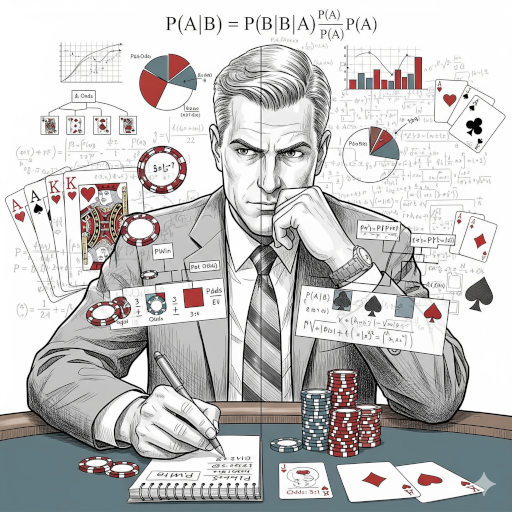
5. Game Theory Optimal (GTO) vs. Exploitative Play
Modern poker strategy often references Game Theory Optimal (GTO)—a mathematically balanced approach that minimizes the ability of opponents to exploit you. But many successful players also use exploitative play, adjusting their strategy based on specific opponents’ weaknesses. Mastering both approaches is key to long-term success.
Short Term vs. Long Term: The Deciding Factor
One of the clearest ways to understand poker’s dual nature is to separate the short-term and long-term perspectives:
- Short Term (Luck Dominates): Over a few hands, luck reigns supreme. A beginner can outdraw a professional, and the “best hand” doesn’t always win.
- Long Term (Strategy Dominates): Over thousands of hands, skillful decision-making outweighs random chance. Professional players consistently post profits because their strategy mitigates variance.
This explains why poker is unique. Unlike slot machines or roulette, where outcomes are purely luck-based, poker allows for consistent winners.
Hand Histories: The Evidence That Separates Luck from Skill
The clearest way to understand poker’s dual nature is through hand histories—digital records of every decision and outcome in a game. These allow for a precise breakdown of where profits come from: strategic choices or random card distribution.
1. Quantifying Expected Value (EV)
Hand histories record betting actions alongside outcomes, enabling analysts to calculate expected value (EV) for each decision. This allows researchers to separate:
- EV gained or lost from skillful decisions (folding, betting, or raising correctly).
- EV swings caused by luck (cards dealt on the flop, turn, or river).
2. Empirical Data Across Thousands of Hands
By analyzing thousands or even millions of hands, researchers can measure how much of a player’s profit stems from skill versus luck. Studies consistently find that skill accounts for roughly 55–60% of long-term profit, while luck has a larger impact only in short bursts.
3. Street-by-Street Analysis
Hand histories enable granular breakdowns:
- Pre-flop and Flop (early stages): Skill dominates, as betting and folding decisions set the stage.
- Turn and River (later streets): Luck can momentarily outweigh strategy when a single card changes everything.
This division shows that while luck can swing late outcomes, strategic decisions earlier in the hand consistently build long-term advantage.
4. Tracking Player Tendencies
Hand histories provided by hhdealer also reveal player-specific behavior. For instance, one player may bluff too often, while another folds too easily under pressure. Skilled players exploit these tendencies repeatedly, overcoming the short-term variance of unlucky deals.
Why Hand History Analysis Refutes the “Pure Luck” Myth
Some argue that poker is just another form of gambling, no different from roulette or slot machines. But unlike those games, poker generates empirical, decision-based data. By studying hand histories, it becomes clear that:
- Strategy consistently yields profits over time.
- Luck explains short-term outcomes but fades in significance as sample size grows.
- Player skill can be measured, improved, and applied to outperform less experienced opponents.
This data-backed perspective strongly supports the classification of poker as a skill-based game with an element of luck, not the other way around.

Historical and Real-World Evidence
- The Chris Moneymaker Effect (2003): When amateur Chris Moneymaker won the WSOP Main Event after qualifying through an online satellite, many attributed his victory to luck. But a closer look shows he combined well-timed bluffs with solid decision-making, proving that strategy could elevate even an unknown player.
- Phil Ivey and Daniel Negreanu: These legends of the game didn’t win millions by being luckier than everyone else. Their consistency across decades demonstrates that skill, discipline, and adaptability are decisive.
- Academic Studies: Research published in journals like Management Science has shown that skill plays a significant role in poker. In experiments, skilled players consistently outperformed random strategies over large sample sizes, supporting the argument that poker is a skill-based game with a luck element.
Poker vs. Pure Gambling Games
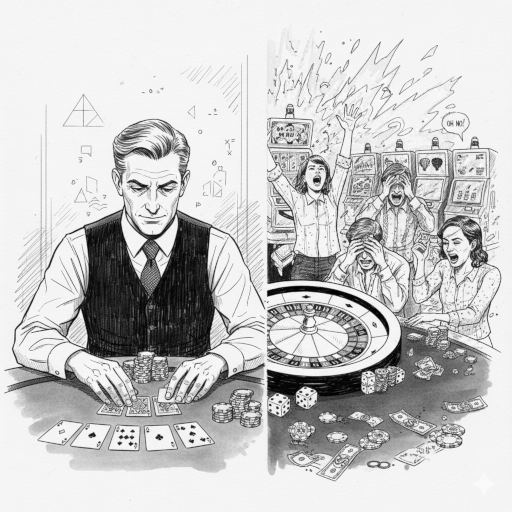
To further highlight poker’s strategic depth, compare it to games of pure chance:
- Roulette: No matter what strategy you employ, the outcome is determined by where the ball lands. The house always has an edge.
- Slot Machines: Outcomes are based on random number generators, leaving no room for player decisions.
- Blackjack: While skill exists in the form of optimal play, the house edge still ensures long-term losses for most players.
Poker stands apart because your decisions directly impact outcomes. Unlike the casino games above, poker pits players against each other—not the house.
Why the Debate Matters: Legal and Cultural Implications
The luck-versus-strategy debate extends beyond casual discussion—it has legal and social consequences.
- Legality of Poker: In some countries, poker is classified as gambling (pure chance), while in others it’s recognized as a skill game. This classification affects whether online poker is legal and how it is regulated.
- Taxation: In certain jurisdictions, winnings from games of chance are taxed differently than income from skill-based competitions.
- Public Perception: Many still view poker as gambling akin to slot machines, but recognizing its skill element has helped professionalize the game, leading to televised tournaments and sponsorship deals.
Why Poker’s Balance Makes It Unique
What truly sets poker apart is its delicate balance between chance and skill.
- Luck keeps it fun: Casual players stay engaged because they can win despite inexperience.
- Skill keeps it competitive: Professionals can dominate over time, proving that poker isn’t just about fortune.
- The mix creates drama: No two games are ever the same, and that unpredictability is why poker remains one of the world’s most captivating games.
Conclusion: Poker Is Strategy Shaped by Luck
So, is poker a game of luck or strategy? The evidence points clearly:
- Luck determines individual outcomes.
- Skill determines long-term success.
Poker is not like roulette or slots, where the house always wins. Instead, it is a battle of minds played under the shadow of chance. That’s why poker is more than gambling—it’s a sport of the mind, shaped by luck but won through strategy.
Hand histories provided by hhdealer give the clearest proof. By separating expected value gained through decisions from variance caused by random card distribution, they show that poker is fundamentally a game of strategy influenced by luck, not defined by it.
Persistent study of hand histories doesn’t just strengthen this argument—it also equips players to refine their strategies, reduce mistakes, and gain an edge. Over time, this transforms poker from a gamble into a contest of skill shaped by chance.
Whether you play for fun with friends, grind online cash games, or dream of the World Series of Poker, understanding this balance will deepen your appreciation of the game. Luck may deal the cards—but strategy decides your destiny.
